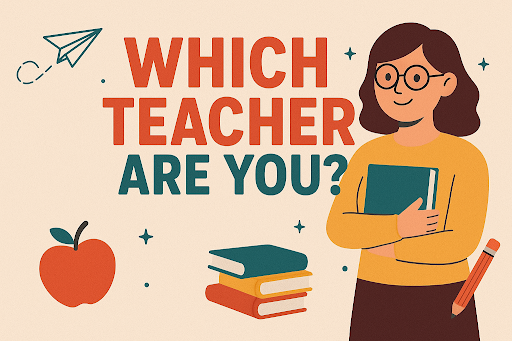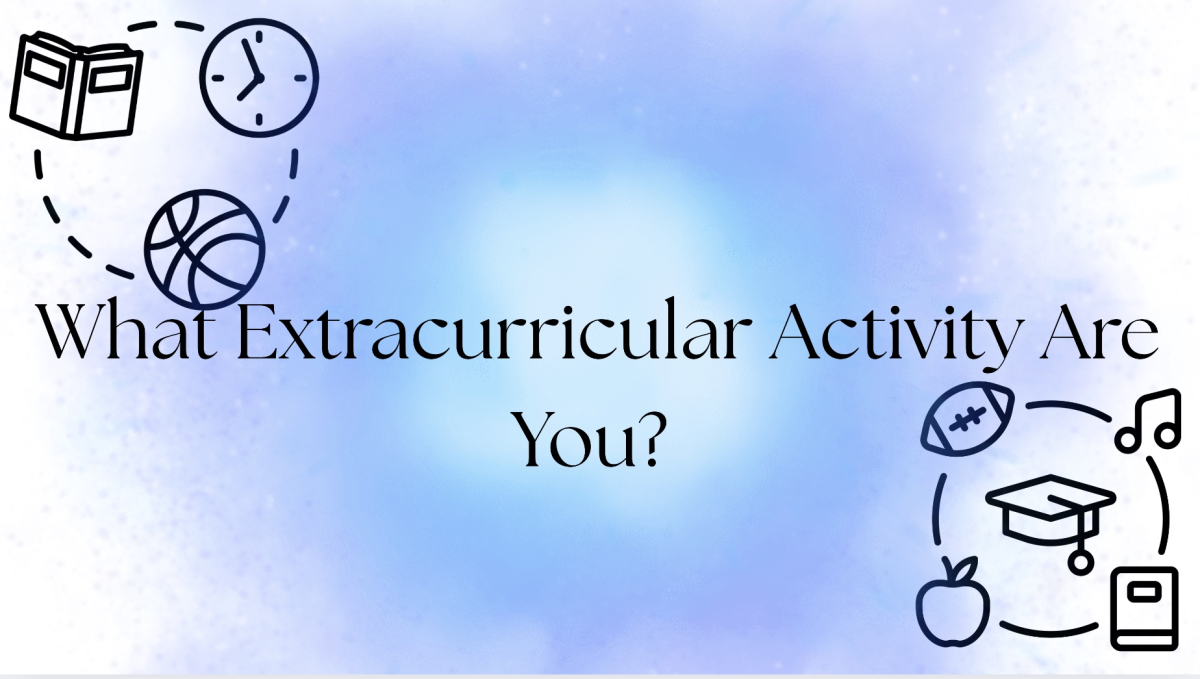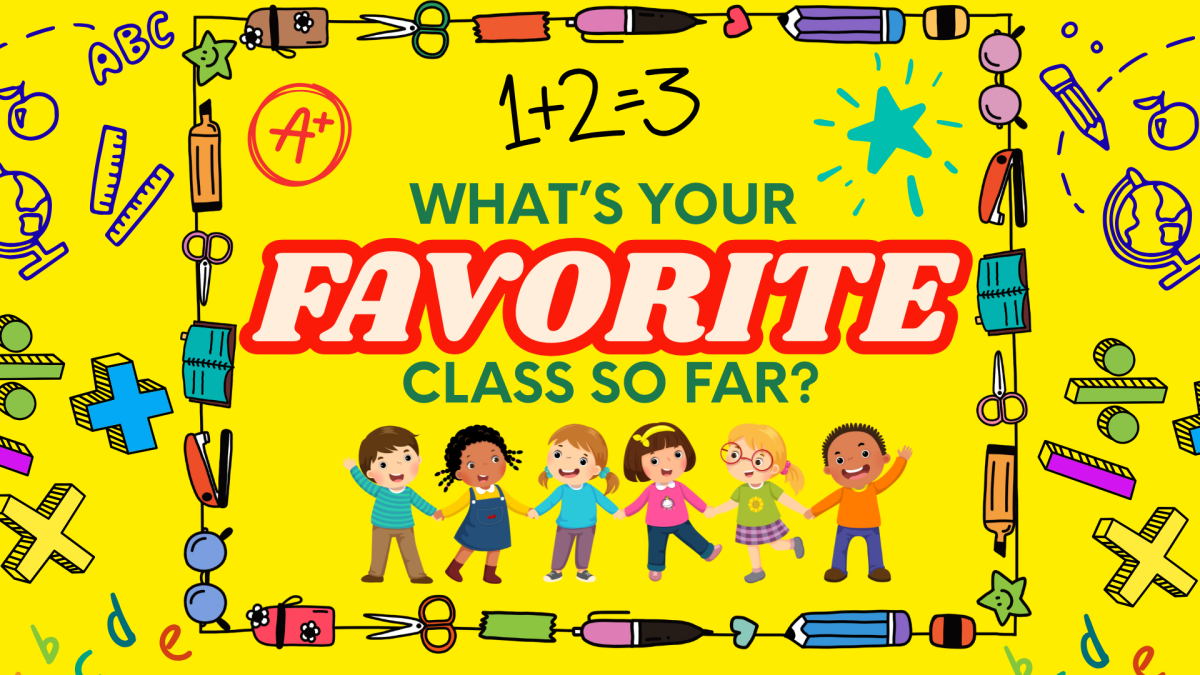Music is an important aspect in many people’s lives. However, as most students are aware, music is commonly banned during school hours in many places, due to it being a potential distraction. As of July 1, 2023, Florida implemented a new wireless communication device policy, prohibiting the use of phones during instructional time. Mainly pertaining to cellular phones, the policy also includes limitations on the use of other listening devices such as headphones. However, teachers are approved to allow headphones and even phones if used for academic purposes. That said, should teachers be more open to letting students use electronics to listen to music?
In order to delve deeper into this topic, we must understand why students enjoy listening to music. Kacie Swanson, an MIA junior, shared, “Music helps me to block out distractions and maintain my focus. Some days, when I don’t have my headphones, I find it harder to work without music. Personally, I like to study with slower, quieter, calmer music.”
Conversely, Miles Massie, also an MIA junior, explained, “I rarely use music in school or for studying. I find it to be distracting and would rather do my work without it.”
While not every student enjoys listening to music while working, research suggests that students who do prefer to listen while they study share various benefits.
Studies have shown that listening to music is linked to improved cognitive skills and function, even more so than participating in physical activity. According to an article from the University of Maryland, by Theresea Schempp, the benefits of music have been recognized for centuries, with cultures around the world using the beat of drums or vocals to aid in relaxation or meditation. Music-based activities in early childhood education have proven to support self-regulation, cognitive and intellectual development, literacy, and language. No matter their age, students can continue to benefit from music to help their academic performance. Every student is different in how they learn and study, so their music preferences can also vary.
Additionally, music is able to reduce stress and improve and maintain concentration as it helps to get rid of additional distractions. In the case of studying, the genre of music typically does not matter as long as it does not distract the listener.
That said, how should teachers properly allow students to utilize music? As stated before, teachers have authority over their students and choose whether or not they can listen to music, therefore, teachers should reevaluate their personal music policy. The best compromise could be to ban music during lectures or lessons, ensuring students would not be distracted by the music and be able to provide their full attention towards the lecture or lesson. Then, music could be allowed once the class requires an independent study or work time. That way, students will become more focused and complete their assignment on time, and allow teachers to properly teach the lessons without interruptions.
Music is generally an important aspect of students’ education, and as provided by the shared thoughts of students, most value music to help them focus on their studies. To accommodate these preferences, teachers could be less adverse to students listening to music during work time, and explore the benefits of it.


















